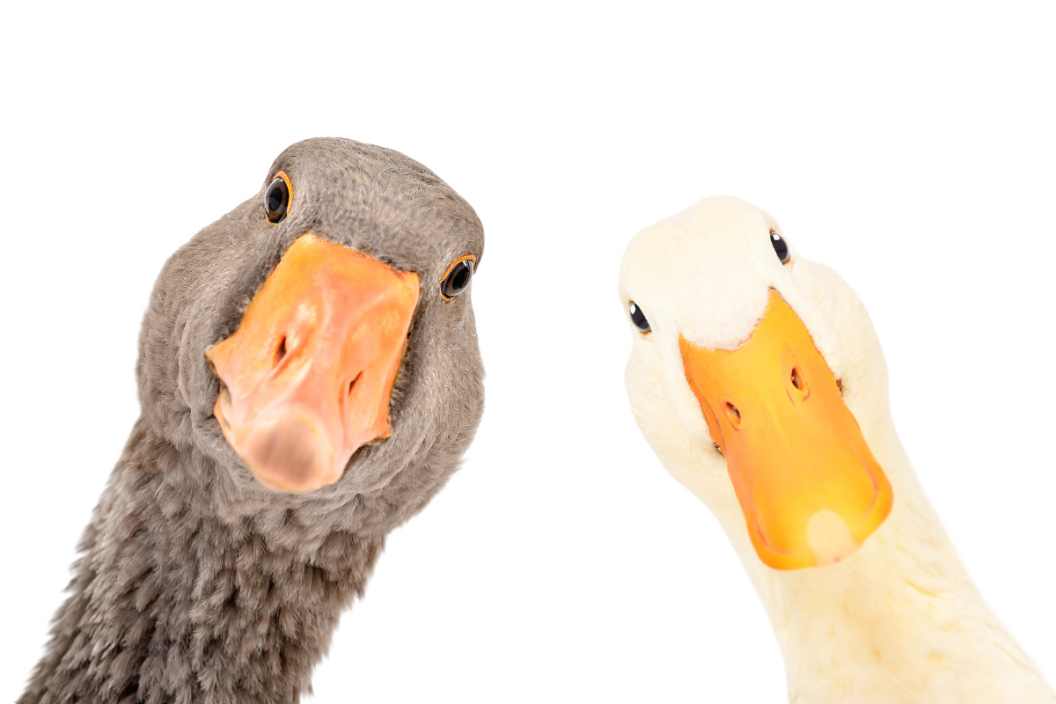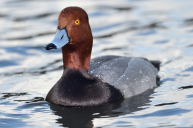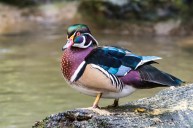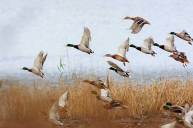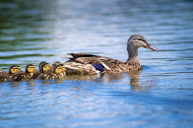They look similar, but ducks and geese are definitely not the same bird. So here's a look at duck vs. goose and what differentiates the two.
Duck, duck, GOOSE - This popular children's game immediately comes to mind when I think about the two birds. Ducks and geese are both waterfowls that belong to the Anatidae family, and while they look similar at first glance, many differences distinguish the two. But with a total of 29 species of geese, such as the Toulouse goose, and 90 species of ducks, like the Muscovy ducks, it's easy to see how we can get them confused.
So, what exactly are the differences when you take duck vs. goose?
The Showdown: Duck vs. Goose
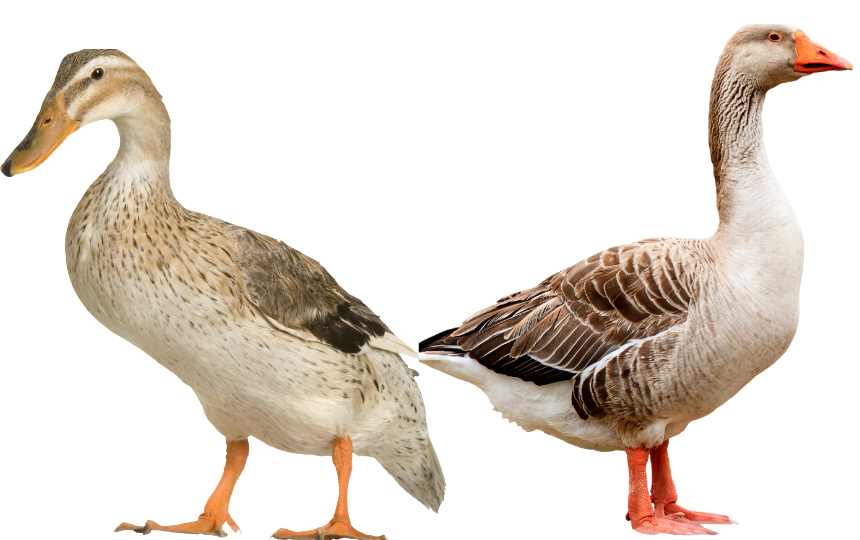
One of the main differences between the two waterfowls is size. In general, geese are larger than ducks. They have longer necks, more elongated bodies, and yes, they also have longer legs. On the other hand, the duck is typically smaller with a little stout body and short legs. A duck's bill is longer and comes up just below their eyes, while a goose's bill is much shorter. Both of these waterfowls have webbed feet (to help their swimming skills, of course!). However, the webbing on a goose is much more prominent. A duck generally weighs between two to five pounds depending on the type, while a goose can weigh more than double.
Other than the size, another key difference between these two aquatic birds are their bills. Yes, even though all waterfowls have the classic wide, flat bills, wild geese have shorter bills and low nostrils, while wild ducks have flat bills with high nostrils. Ducks are omnivores, so like humans, they eat both plants and animals, like snails, fish, and crustaceans, among others. In contrast, geese are herbivores and will only eat aquatic plants.
Ducks are famously known for their loud quacks when it comes to vocalization. Interestingly, male ducks have a softer quack, and female ducks let out that distinctive loud quack. On the other hand, Geese communicate with their buddies with a honking sound.
Mating & Young

RELATED: Bread Is Bad For Ducks, And The World Can't Handle The Guilt
The mating season goes a little differently for each of our feathered friends as well. Geese are completely monogamous. They only mate with one partner during the breeding season for their lifespan. However, ducks are only monogamous during the breeding season. Once the next season comes around, ducks find a new partner. Geese are considered to be very aggressive, especially during mating season. That is because male geese and female geese share the responsibility for taking care of their goslings. This is atypical behavior, especially for birds. Geese migrate with their mates as well.
Since ducks are not as aggressive when caring for their young, many ducklings, do not live and become dinner for their predators. Ducks generally lay between 5-18 eggs, while geese only lay between 2-7. A duck's incubation period is about 28 days, and unlike geese, ducklings will imprint on the first thing they see, which means they form an attachment. This is one of the reasons why you always see ducks followed by their ducklings. They also have two different lifespans. Ducks tend to live between three to eight years, while geese live between eight and ten years.
Goose & Duck Similarities

One area that is similar for both waterfowl is their habitats. They live in freshwater habitats in rivers, lakes, and near waterfalls. Both birds are well equipped for life in the water and on land with their webbed feet and thick feathers.
The feathers are absorbant, but geese and ducks have natural oils that give them added protection and allow the water to roll off their backs. As a result, they do not need to wait for their feathers to dry before flying. Instead, they can just fly right out of the water.
Both birds also migrate. However, geese are more particular about their location than ducks are. Geese head for Canada when temperatures in North America become too warm. They return when the weather in Canada becomes too cold. Ducks just want to go somewhere warmer where the water is not frozen. They will find a location they like and make it their new home.
Goose & Duck Types

While in a contest of duck vs. goose, ducks would win by sheer variety, there are many different kinds of geese in the Anatidae family. Examples of the goose genera are the Canada goose, greylag goose, Hawaiian nene goose, white-fronted goose, snow goose, barnacle goose, and the Brent goose.
The most recognizable duck is probably the mallard duck with its colorful feathers. However, there are other types. Some others are canvasback, marbled duck, alabio duck, wandering whistling duck, spotted whistling duck, and the black-bellied whistling duck.
Of course, each bird has domestic varieties, which adds some variation to its lifespan, habits, and looks.
Do you live with a duck or a goose? Please tell us on our Wide Open Pets Facebook Page!
